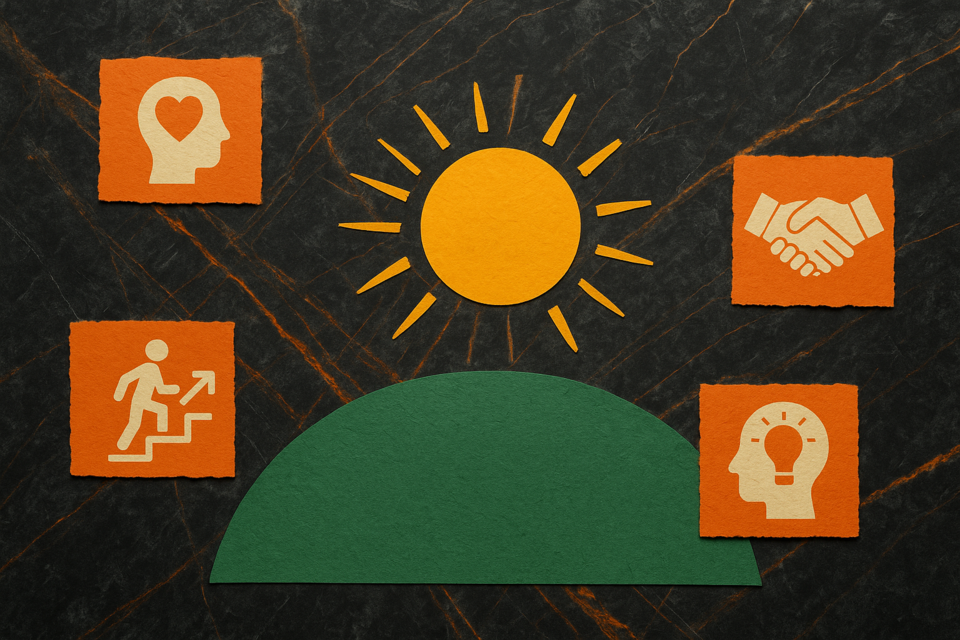Pursuing Happiness: Successful Strategies
Unlock Your Joy, Master Proven Paths
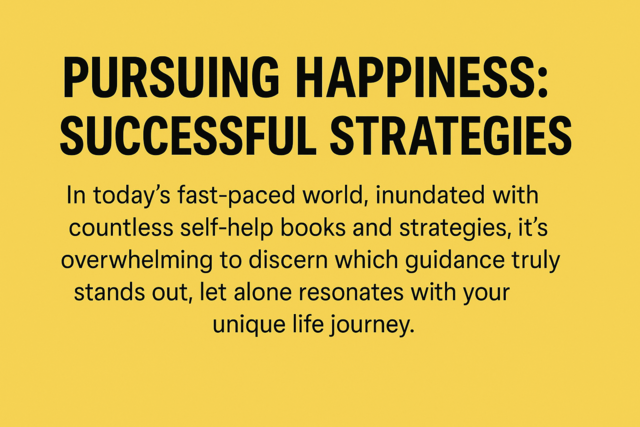
6 Hours average completion time
0.6 CEUs
12 Lessons
13 Exams & Assignments
331 Discussions
12 Videos
24 Reference Files
106 Articles
Mobile Friendly
Last Updated January 2026
In today's fast-paced world, inundated with countless self-help books and strategies, it's overwhelming to discern which guidance truly stands out, let alone resonates with your unique life journey. But what if there was a meticulously curated course designed to filter through the noise and offer you the absolute best?
Introducing "Strategies for How to be Happy" - your ultimate guide to a transformative, enriching, and joyous life. Crafted meticulously from a broad spectrum of revered sources, this course promises more than just surface-level advice. It's a deep dive into proven strategies that can reshape your existence.
Ever battled self-doubt or struggled to recognize your worth? With this course, witness a metamorphosis where self-worth becomes second nature, and where passion and creativity aren't mere buzzwords but a way of life. Engage with holistic modules that prioritize a balanced, healthy lifestyle. Discover the art of empowering "self-talk", understand the significance of distancing yourself from toxicity, and embrace relationships that nurture and uplift.
Unlock potent techniques that accentuate your influence - be it through nuanced body language, the art of persuasive communication, or the power of word selection. Learn to effortlessly navigate the complex world of human interactions, ensuring you're shielded from negative influences while simultaneously enhancing your impact.
But that's not all. This course propels you to confront and move beyond fear, challenges you to regularly step out of your comfort zone, and encourages a constant celebration of every milestone, big or small. Dive deep into the essence of human connection, realize the magic of living with gratitude, and uncover the profound satisfaction in serving others.
"Strategies for How to be Happy" isn't merely another course--it's an experience. Far from being just another self-help collection, it's a testament to actionable, tangible life concepts that guarantee profound transformation. So, why settle for the ordinary when you can embrace the extraordinary? Elevate your life journey with insights, strategies, and knowledge that truly make a difference. Invest in yourself, and witness a life that thrives on happiness and purpose.
- Cultivate gratitude for daily life
- Develop persuasive communication skills
- Strengthen resilience through adversity
- Identify and manage toxic relationships
- Boost self-worth and positive self-image
- Overcome self-doubt with creativity
- Prioritize tasks and boundaries effectively
- Master mind-body connection for wellness
- Expand growth by facing fears
- Practice gratitude to enhance achievements
- Embrace evolving passions for fulfillment
-

How to Deal with Difficult Personalities
-

Ultimate Secretary Training Bundle
-

Negotiation Skills
-

Mastering Conversation Skills
-
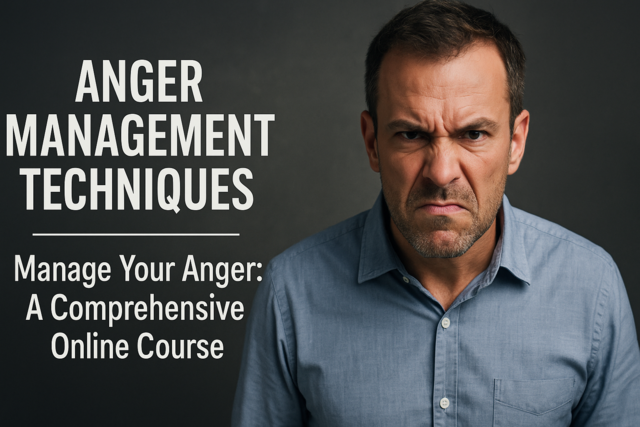
Anger Management Techniques
-

Conflict Resolution
-

Etiquette 101
-

Meditation Mastery: Learn How to Meditate
-
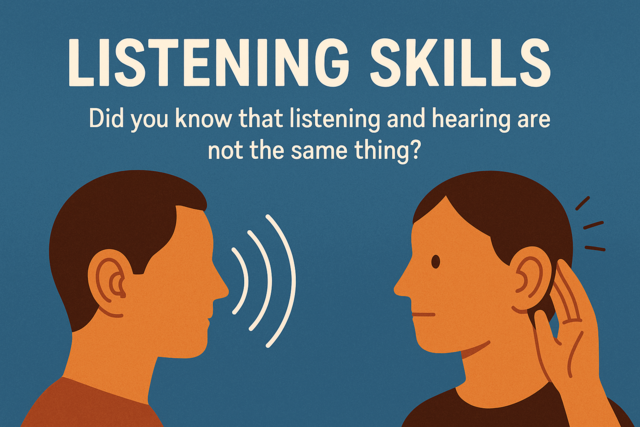
Listening Skills
-

Clutter Control
-
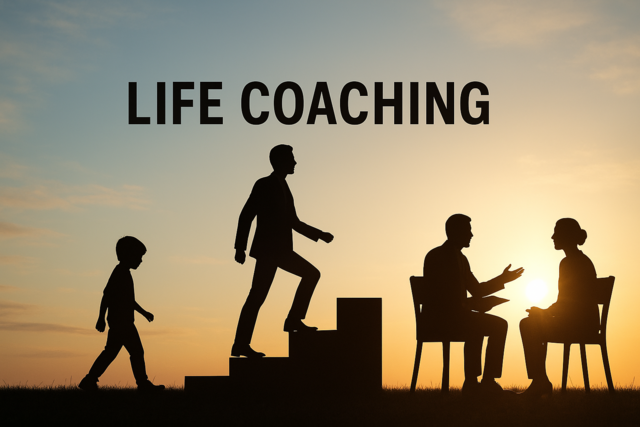
Life Coaching 101
-

Procurement Management
-

Depression Management
-

Wellness Coaching
-

Stress Management
-

The Art of Setting Goals
-

Etiquette Consultant
-

Become a Life Coach - Course Bundle
-

Confidence Building
-

Assertiveness Training
-

Business Professionalism
-
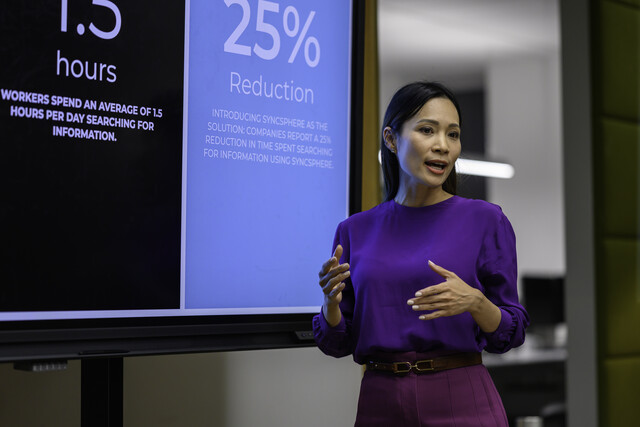
Motivational and Public Speaking
-

Time Management 101
-
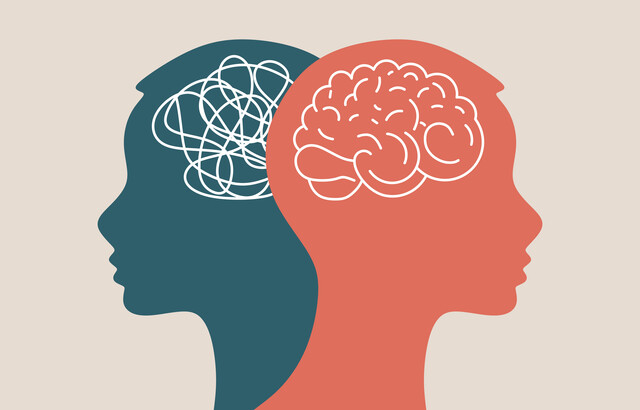
Psychology 101
-

Lifetime Wellness 101
